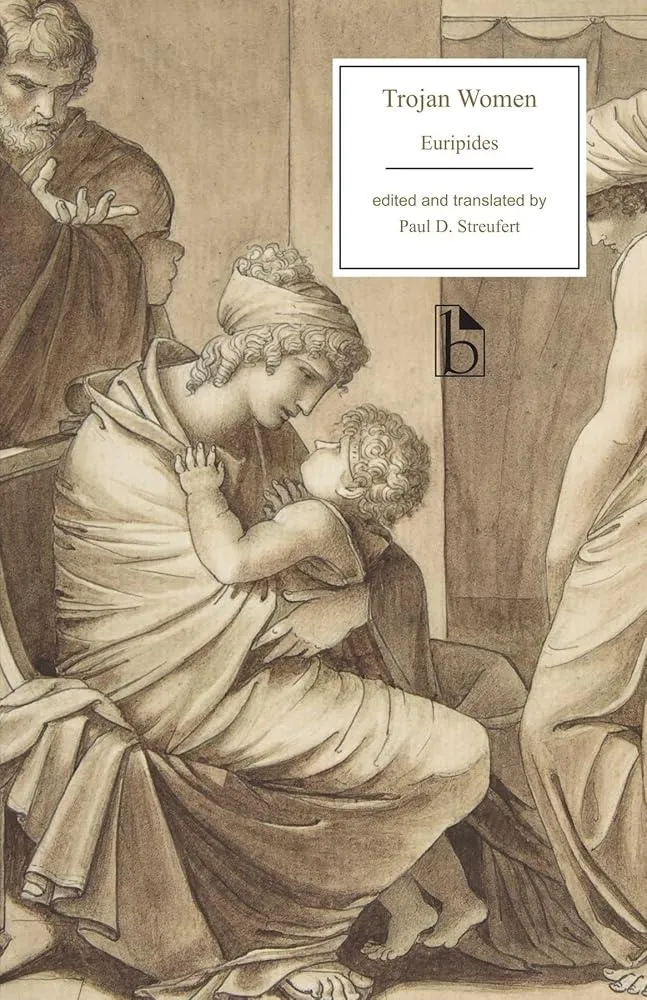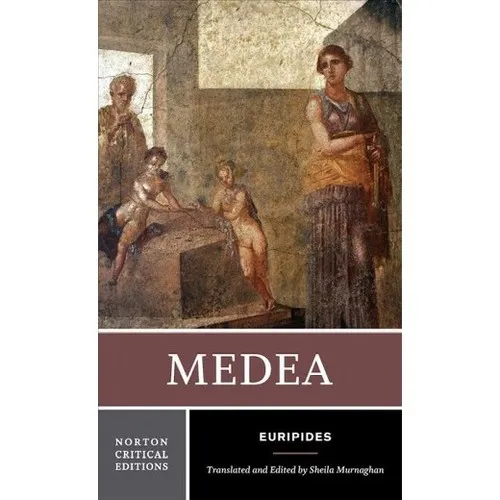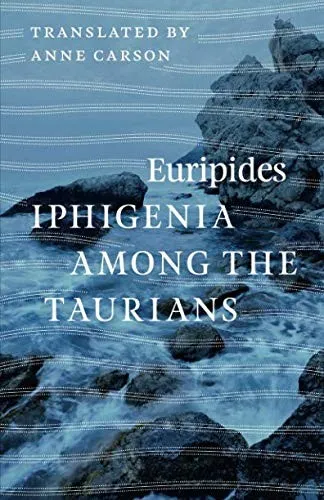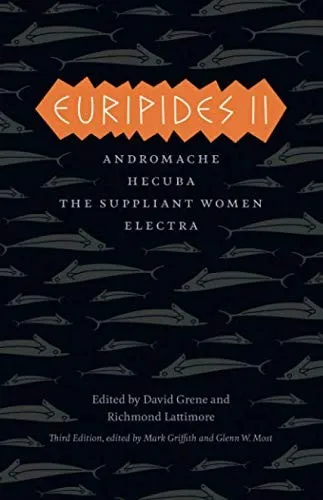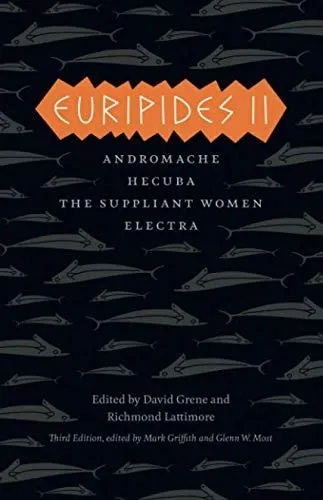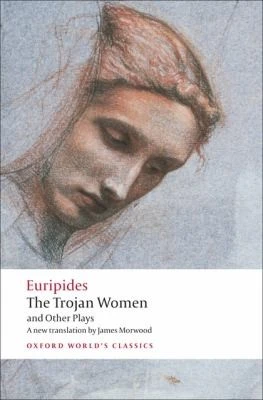
The Trojan Women and Other Plays
(Autor) EuripidesThis is the third volume of Euripides plays in new translation. It contains the three great war plays Trojan Women, Hecuba, and Andromache, in which Euripides subjects the sufferings of Troy's survivors to a harrowing examination. The horrific brutality which both women and children undergo evokes a response of unparalleled intensity in the playwright whom Aristotle called the most tragic of poets.
Euripides
Euripides was an ancient Greek tragedian born around 480 BC in Athens. He is known for his innovative and controversial plays that challenged traditional beliefs and societal norms. Some of his most notable works include "Medea," "The Bacchae," and "Electra."
Euripides' plays often featured strong female characters and explored themes of revenge, betrayal, and the complexities of human nature. His use of psychological depth and moral ambiguity set him apart from his contemporaries and influenced future playwrights.
Euripides made significant contributions to the development of Greek tragedy, incorporating elements of realism and focusing on the inner lives of his characters. His works continue to be studied and performed around the world, with "Medea" being his most famous and enduring play. Euripides' legacy as a master of tragedy and a pioneer of dramatic storytelling has had a lasting impact on the literary genre.
